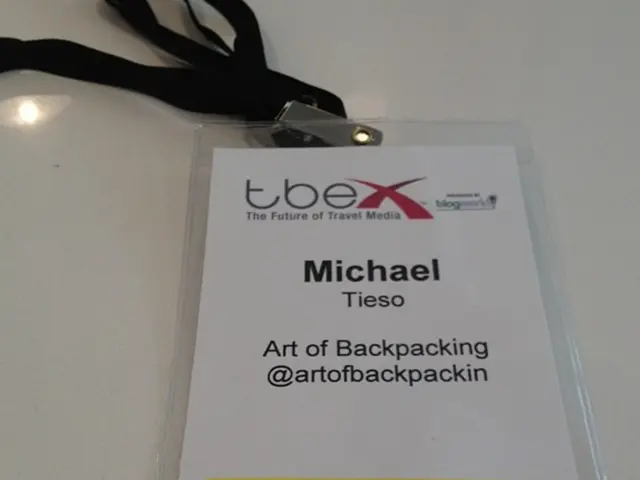Understanding the Distinction: What sets 'Smart' apart from 'Intelligent'?
In the realm of human traits, intelligence and smartness are two terms often used interchangeably, but they hold distinct meanings and dimensions. A closer look reveals that while intelligence is a more cognitive-focused construct, smartness encompasses intelligence plus practical, emotional, and social competencies.
Characteristics
Intelligence, generally speaking, refers to the cognitive ability to reason, plan, solve problems, think abstractly, comprehend complex ideas, and learn quickly. It involves mental processes such as creating and manipulating mental representations to adapt and perform effectively [1][3]. On the other hand, smartness is a broader and sometimes more colloquial term that may incorporate practical savvy, quick understanding, and the ability to apply knowledge effectively. It often includes aspects of creativity, social understanding, and adaptability, not always fully captured by IQ tests [3][5].
Origin
Intelligence is often viewed as an innate intellectual capability that involves complex cognitive functions and can be partially measured by IQ and other standardized cognitive tests [1][3]. In contrast, smartness can include intelligence but also draws from experience, education, social skills, and emotional intelligence — the ability to perceive, use, understand, and manage emotions [2]. Smartness can thus be influenced by personality traits and situational learning, not just raw cognitive ability.
Communication Style
Highly intelligent individuals tend to communicate complex concepts simply and clearly, mastering the skill of explaining difficult ideas in an understandable way [5]. Smart people also focus more on getting things right rather than on being right, showing flexibility and empathy in communication, which reflects aspects of emotional and social intelligence [5][2].
Measurement
Intelligence is traditionally measured via IQ tests and cognitive assessments that quantify analytic, creative, and practical elements of intellectual capability, as described by theories such as Sternberg’s triarchic theory [1][3]. Smartness is less formally quantified and is often inferred through observed behaviors, social adaptability, problem-solving in real-life contexts, and emotional intelligence assessments. Emotional intelligence (EQ) tests evaluate components like empathy and emotion management, which contribute to what many consider “smartness” in social contexts [2].
In summary, while intelligence and smartness share some common ground, they also diverge in their scope and focus. Intelligence is a more narrowly defined, cognitive-focused construct, while smartness encompasses intelligence plus practical, emotional, and social competencies.
Smart people are often good at learning and tend to be an expert in a field or subject. They may have a good sense of humor and be independent, able to concentrate when doing work. However, they may also have difficulty socializing and making friends. Smart people have a large vocabulary and can probably read faster than other people. They show good judgment and are able to see beyond first appearances. Interestingly, intelligence is not necessarily related to academic performance.
| Aspect | Intelligence | Smartness | |--------------------|-----------------------------------------------|--------------------------------------------| | Characteristics | Cognitive ability, problem-solving, abstraction | Practical application, social savvy, adaptability | | Origin | Innate cognitive potential, intellectual capacity | Combination of intelligence, experience, emotional/social skills | | Communication Style| Clear, logical, simple explanation of complex ideas | Effective, audience-aware, focused on accuracy and empathy | | Measurement | IQ tests, analytic/creative/practical intelligence scales | Behavioral observation, emotional intelligence assessments, practical success |
- In addition to cognitive abilities and problem-solving skills, emotionally intelligent people leverage their capacity to perceive, utilize, comprehend, and manage emotions, which contributes to their overall smartness.
- Pursuing a lifestyle that nurtures both cognitive development and emotional intelligence, such as through education and self-development, may lead to a broader understanding of what it means to be smart—one that encompasses intelligence, social savvy, practical skills, and adaptability.




